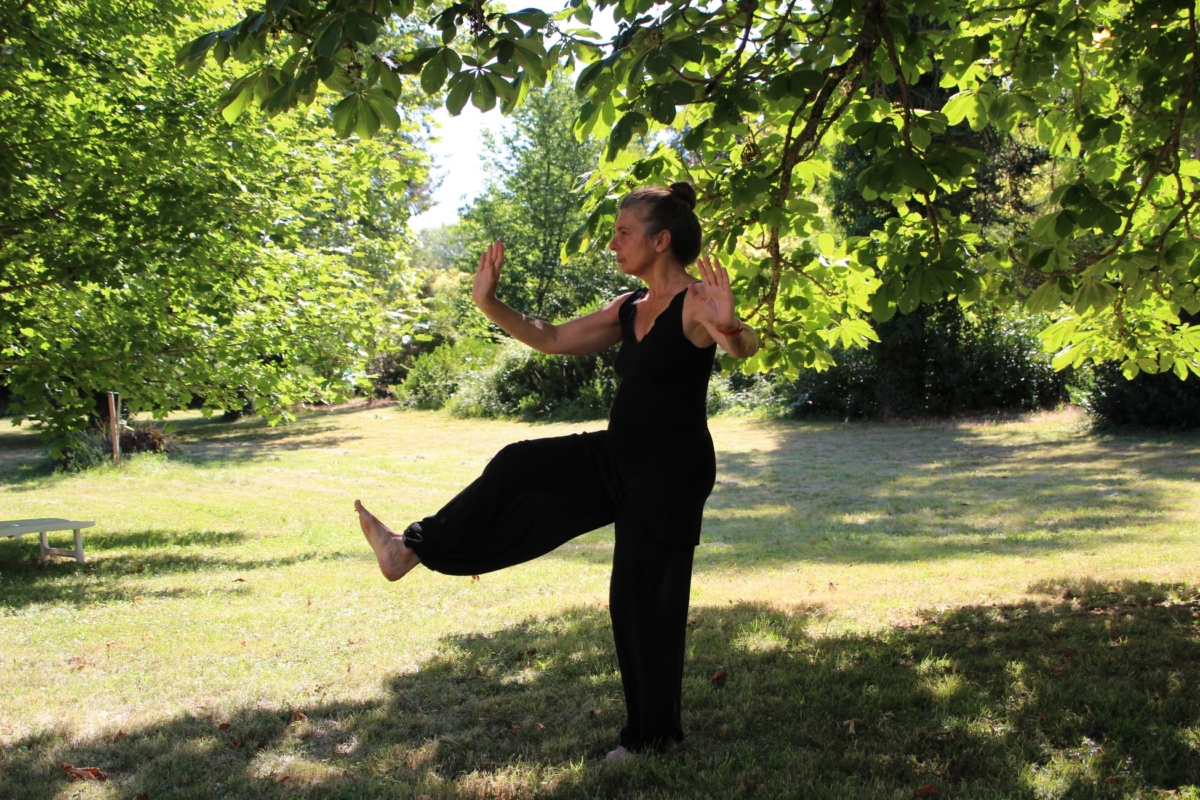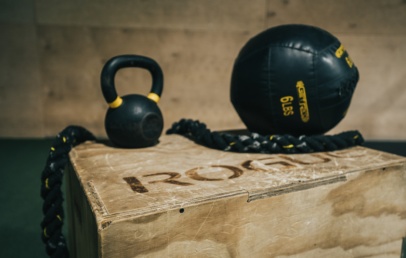
Flowing motions improve your balance.
Tai chi was originally created in thirteenth-century China as the ultimate combination of spiritual wellness and martial arts. The name “tai chi” literally translates to “grand ultimate,” that’s how confident they were in it. While tai chi is definitely not the ultimate form of martial arts, as multiple martial artists can attest to, it is a very beneficial form of wellness-centric exercise.
Tai chi emphasizes slow, methodical, and flowing motions that educate you about your body’s postural capacities and limits. The most obvious benefit to performing tai chi is an improvement in your sense of balance and better control over your center of gravity. Practitioners of tai chi are notoriously difficult to knock down by accident, which is why it’s a recommended practice for older folks who would be more at risk from a sudden fall.

Besides the balance stuff, tai chi is good for improving your cardiovascular health. The slow, focused motions promote healthier breathing and better blood circulation. As a bonus, this also helps to relieve pain and stiffness in ailing joints and muscles. That improved blood flow also goes straight to your brain, which promotes long-term cognitive health, lessened fatigue, and a healthier sleep cycle.
You can get into tai chi from the comfort of your own home; all you need is a flat, open space where you won’t be bothered or bump into things. You can commit yourself to practicing the movements for anywhere from 5 minutes to an hour, depending on your comfort with the motion. As long as you have enough time to at least perform the four basic motions, you’ll reap some rudimentary benefits.




